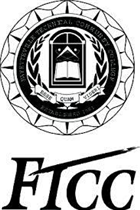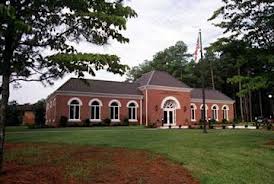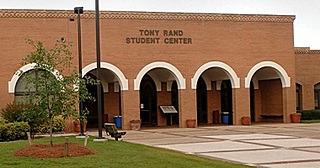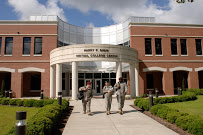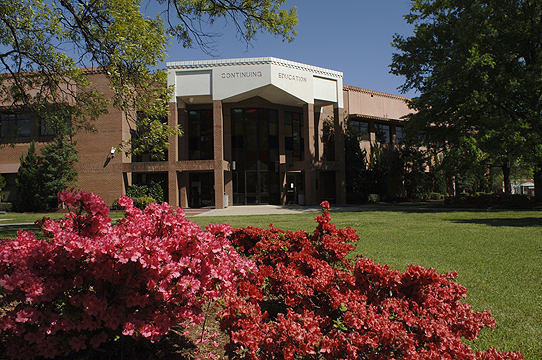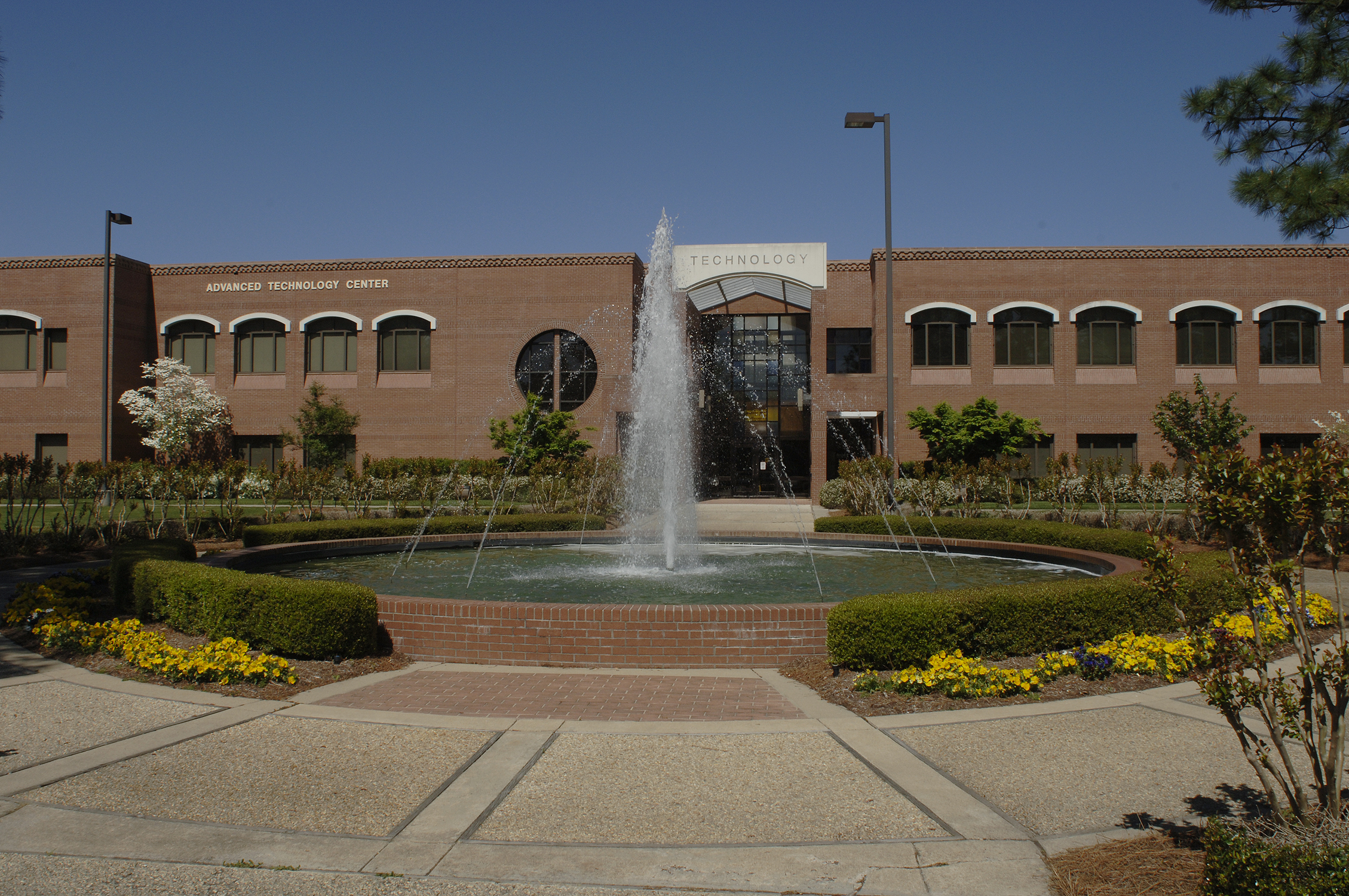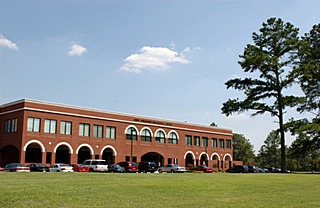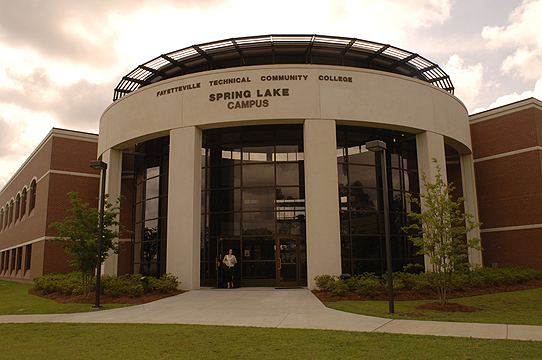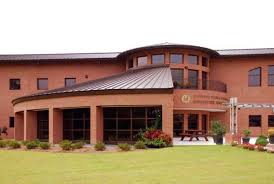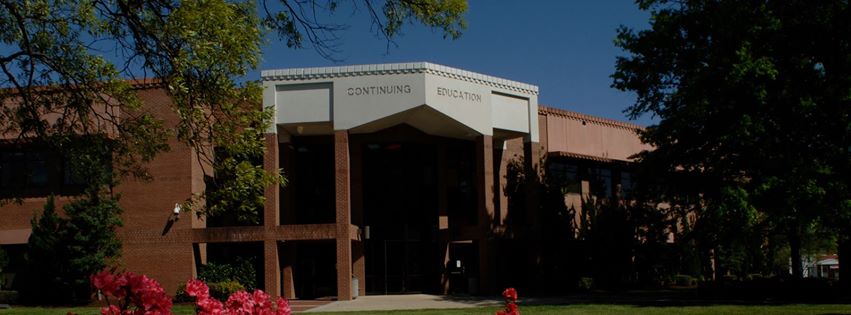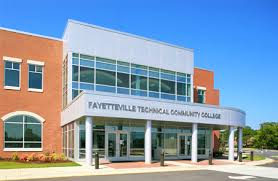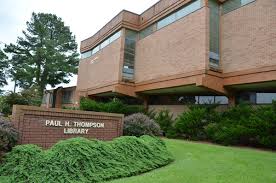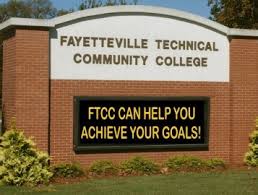
 |
|---|
The institution operates and maintains physical facilities, both on and off campus, that appropriately serve the needs of the institution's educational programs, support services, and other mission-related activities. (Physical facilities)
| ____ Non-Compliance |
|---|
Summary
Fayetteville Technical Community College (FTCC) is in compliance with this comprehensive standard. The College operates and maintains physical facilities, both on and off campus, that meet the needs of the Institution’s educational programs, support services, and other mission-related activities.
Narrative
FTCC has a Strategic Plan, Facilities Master Plans, and routine and preventive maintenance procedures (pg. 216) in place designed to meet the current and future needs of the College. The Facilities Master Plan establishes current and future facility needs. As outcomes are achieved and new priorities are established, the College revises and/or modifies the goals identified in the plan to address the evolving needs of the College. Projects identified in the Facilities Master Plan are reviewed annually. Prior to the beginning of the fiscal year, request for construction and renovation projects (pg. 177) are solicited and submitted to the Office of the Vice President for Administrative Services. Projects are then prioritized and completed based upon available funds in the upcoming fiscal year. Project lists for 2014-2015, 2015-2016, and 2016-2017 are provided as examples.
The College has established a planning cycle (pg. 9) for planning and determining critical needs. Based on this review, critical needs documents may be completed and included for consideration in the annual budgeting cycle. Each of these plans are reviewed and updated regularly. Annual priorities are established through the review of the Strategic Plan and Technology Plan.
The FTCC Administrative Procedures Manual (pg. 216) includes procedures for routine and preventive maintenance. As stated in this manual, the Maintenance Supervisor, under the supervision of the Director of Facilities Services, is responsible for maintenance of physical facilities and College vehicles and equipment. Faculty and staff identify and route (pg. 218) immediate needs to the Director of Facilities Services. Requests for extensive and/or costly repairs or construction are submitted in writing through the appropriate supervisory channels. Facility Services tracks work identified through this process until completion.
FTCC has a deferred maintenance program in place because of funding constraints. The Vice President for Administrative Services and the Director of Facility Services identify and consolidate deferred maintenance items. Maintenance objectives or activities not completed become deferred maintenance items per coordination with Senior Vice President for Business and Finance until funds are available.
FTCC has local and state funding support. In fiscal year 2000, FTCC was authorized $38,491,174.00 in bond funds, contingent on bond sales. In 2015, FTCC was authorized $10,668,066 in bond funds, contingent on bond sales. In addition since fiscal year 2003-04, FTCC has recieved $13,896,564.98 from Cumberland County for the expansion and renovation of the College's facilities. State and county capital funding has resulted in an increase in land, building, equipment, general infrastructure, and computer software investments of 118 percent since fiscal year 2003-04.
The FTCC campuses currently include 923,987 square feet of building space located on approximately 209.3 acres of land. Since 2001, FTCC has spent $56,136,034.03 in acquiring and renovating buildings. A video provides a virtual tour of the FTCC Fayetteville campus.
In February 2009 (pg. 2), FTCC approved the purchase of 58 acres for a new satellite campus in the western part of Cumberland County. The Western Campus property was acquired based upon the demographic projections for the county’s increase in population. A master plan has been established for this property but construction has not been funded.
In February 2015, FTCC dedicated the Collision Repair and Refinishing Technology Center (iCAR). This facility houses programs dedicated to collision repair of aluminum, high-strength steel, composites, carbon fiber, and advanced computer engineering. The previously constructed iCAR building was purchased in July 2014 for $2.3 million. A $499,000 renovation project for the iCAR facility was completed in late January 2015.
The Spring 2016 Current Student Survey indicates that students believe classroom/laboratory areas and open computer labs are sufficient. The Spring 2016 Faculty/Administration/Staff Support Services Survey revealed that Faculty/Staff believe that the facilities (Classroom Technology/equipment) meet the needs of the College.
The College owns and operates a local area network (LAN) (pg. 190) which connects the College’s computing hardware services. This network rests on a multiple gigabit backbone. The College also own and operates an enterprise wireless network that allows any student, faculty, or staff member wireless from any location on campus. The College also operates under a PC Replacement Plan (pg. 191) that ensures that PC systems are upgraded and/or replaced in a timely manner. For distance education, the College utilizes Blackboard® as its learning management system (LMS), which includes LMS servers hosted by Blackboard®. As part of this service, Blackboard® provides support 24/7/365 to ensure students have consistent access to the College’s LMS with minimal periods of downtime. The College uses a third party, O3 Strategies, to host the College’s website. This provides more consistent availability of the College’s online resources for face-to-face and distance education students.
The College also uses Siteimprove software, which monitors the College’s website to identify any errors that prevents the College from meeting ADA compliance requirements.
